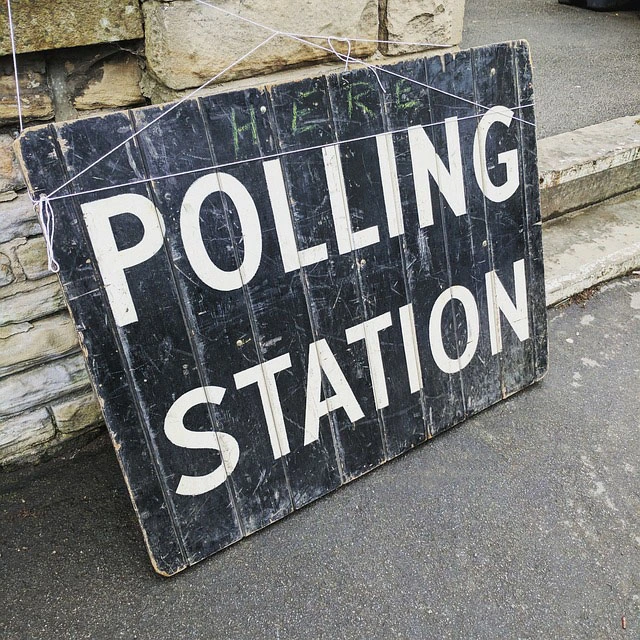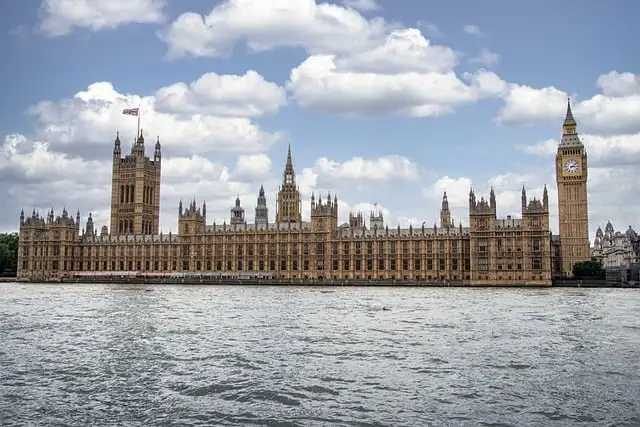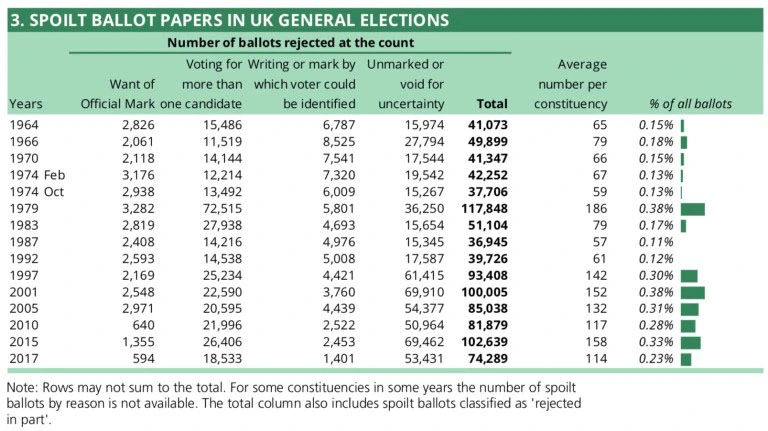Navigating Disenchantment in Modern Politics
One of my core principles is the belief that I am privileged to have the right to vote, and therefore, I should and must exercise this right. This principle is underlined by the premise that if I don’t vote, I have no right to complain about what happens next. Withholding my vote, or simply not bothering to vote as I notice many younger people doing, in my opinion, results in having no voice at all.
Women suffered and died to obtain this right for me, and it is in honour of their struggle and sacrifices that my principle is founded. The historical context of suffrage movements, especially the women’s suffrage movement, underscores the importance of voting as both a right and a duty. However, a significant problem arises when one becomes so disenfranchised with the entire political system that trust in any candidate to represent personal, community, or national interests diminishes.


A candidate for ministerial office is supposed to represent the views and wishes of their constituents. Yet, in my experience, this ideal is seldom realised. In my area, the only time we hear from candidates is during an election campaign, often through a scrappy leaflet delivered to our doors—leaflets that are not even printed on recycled paper. I have never been asked for my opinion on any local or national issue. With the advent of AI, it would not be beyond the wit of someone to make canvassing opinion a straightforward task. However, this might be too daunting for ministers if they were truly aware of what the majority wanted.
Decades ago, I supported a movement advocating for the inclusion of a ‘none of the above’ box on our ballots. The understanding was that a ‘none of the above’ option would not be able to win; instead, the majority candidate who was an actual person would default to victory. However, the election process machine effectively squashed this attempt.
The reason I believed this would have been a beneficial addition is that it would have provided insight to whoever ultimately came into power, about the percentage of the populace that did not support them. This, in turn, could have, I hoped, informed their actions during their term. By clearly demonstrating the extent of public discontent, it might have spurred elected officials to better align their actions with the will of the people.
Given my belief in the importance of voting, yet facing a political landscape where no candidate seems trustworthy, my only remaining option is to spoil my vote. Thus, I dutifully turn up at the polling station each election and scrawl ‘I cannot vote for any of you’ on my ballot. I take care not to indicate any one candidate in any way, to avoid the possibility of my vote being misinterpreted as support for them during the count. This is the only democratic method I have to signify my total dissatisfaction and disenchantment with the entire slate of candidates.
Spoiling my vote is not an act of apathy but a deliberate choice to express my disillusionment. It is a statement that, while I honor the right to vote and the struggles that secured it, I also demand a political system that truly represents the people. My spoiled vote is a voice of protest within a flawed democracy, a call for a system that deserves the participation and trust of its citizens. By showing up to vote, even if only to spoil my ballot, I maintain my right to complain and to demand better from those who seek to govern.
And before anyone gives me a hard time about wasting a vote, spoilt votes have to be recorded and noted in the official records. I am just surprised that there are not more of us.

each voice may be quiet but together they roar & will be heard


